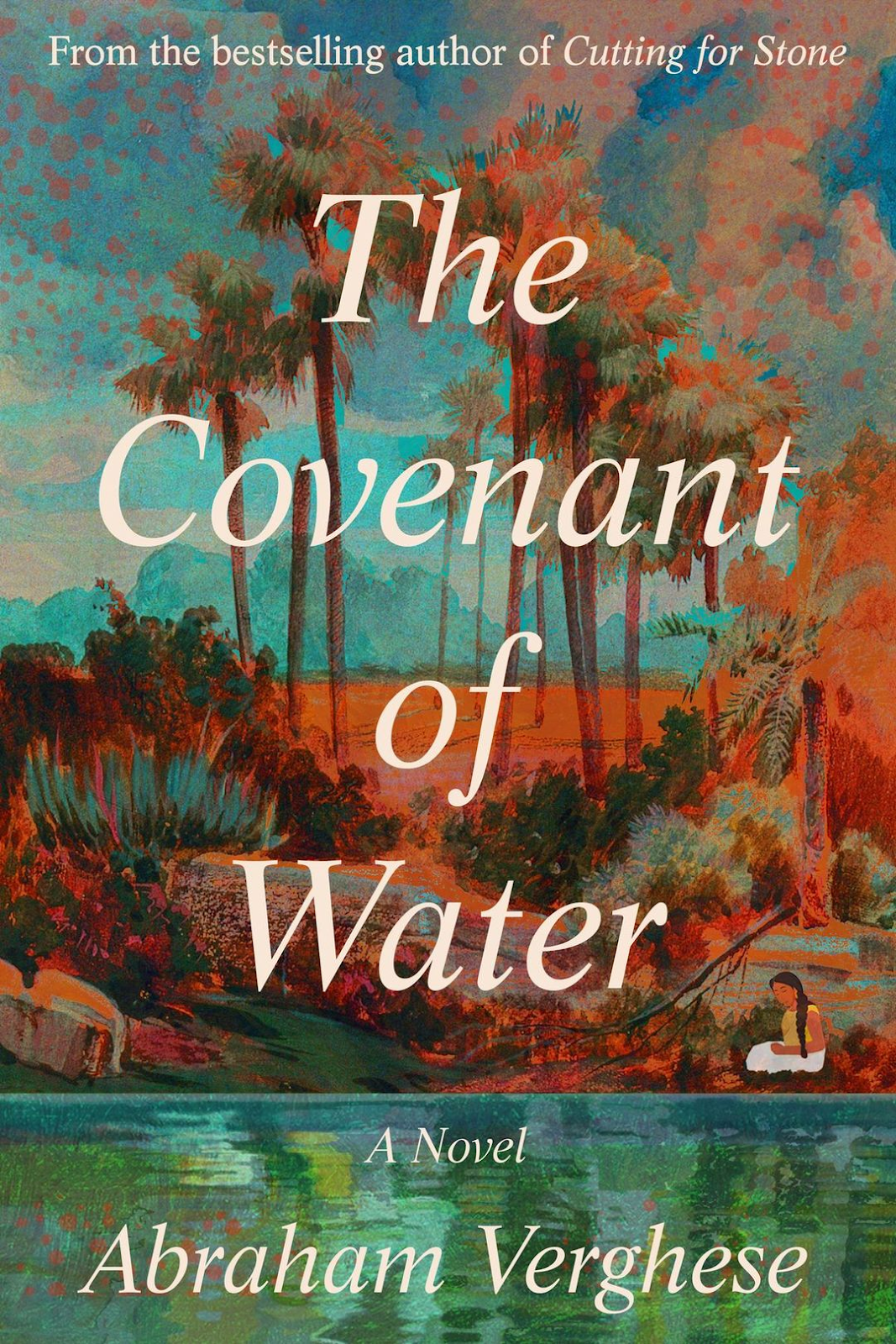The Covenant of Water by Abraham Verghese
A shimmering evocation of a lost India and of the passage of time itself, The Covenant of Water is a hymn to progress in medicine and to human understanding, and a humbling testament to the hardships undergone by past generations for the sake of those alive today. It is one of the most masterful literary novels published in recent years.
Review: Covering the years from 1900 to 1977, this multi-generational novel is set in South India and follows a family afflicted with a strange inheritance: in each generation, at least one person dies by drowning. The matriarch of the family, Big Ammachi, is married off to a much older man at the age of 12 and witnesses startling changes both in her family and the world over the course of her lifetime.
This was a huge, beautiful, tragic novel. The book is a true testament to the progress of science and medicine and the price previous generations must pay for the sake of future generations. I loved Big Ammachi's character and the way she grew from a timid young girl to a confident wife and mother figure in her community. The novel moved around between many perspectives, but none captured my attention quite like Big Ammachi. I also loved the setting in South India, which was an interesting glimpse into a place I've not read a lot about. Like other readers have commented, it did seem like most world events were very only very distantly referenced. But perhaps in many ways that is how we all live our lives; our daily lives and worries always take precedence over distant wars and far-off changes.
My two great qualms with this novel: 1) it was far too long. It was exceedingly long-winded and could have been at least one hundred, if not two hundred pages shorter with the same effect. 2) it was relentlessly tragic. The needless suffering and death at every turn that marched on for over seven hundred pages was difficult to get through. There felt like little reprieve and virtually no true happy endings for the characters in this book, only brief glimmers of happiness.
I listened to the audio version of this book, which was read by the author. He did a wonderful job reading his own work and truly brought it to life. A heartbreaking yet moving story. I loved the inclusion of medicine as a focal point, as well as the focus on the strong ties that love forges between us.
Stars: 4



Comments
Post a Comment